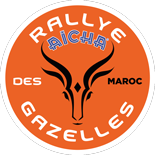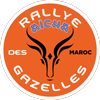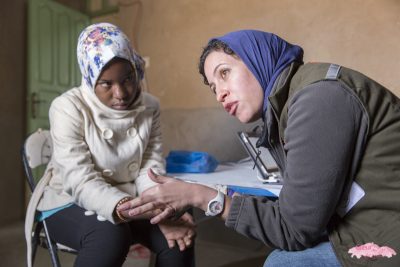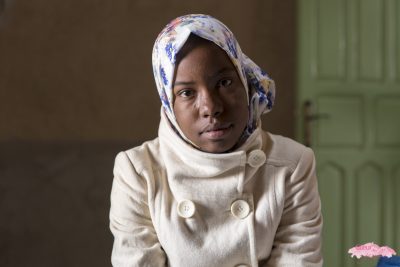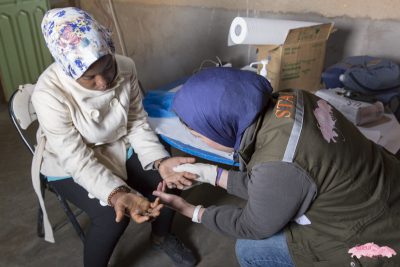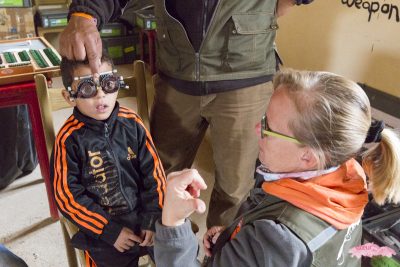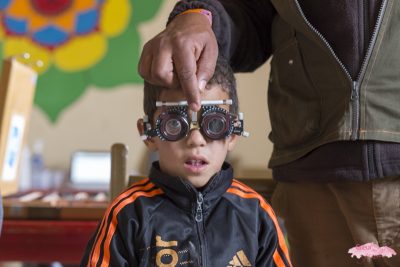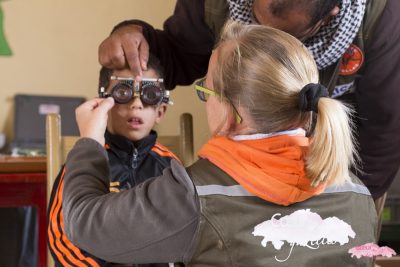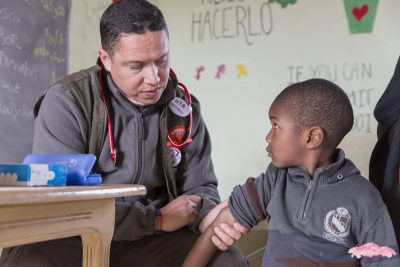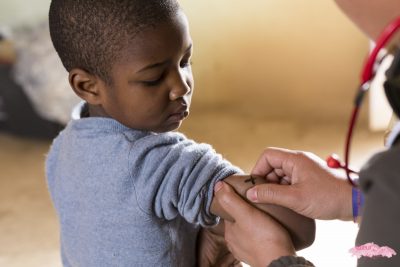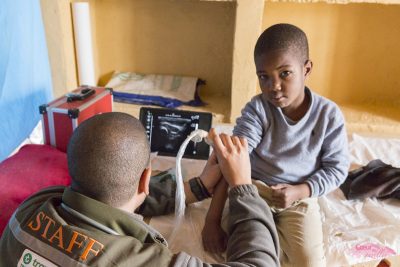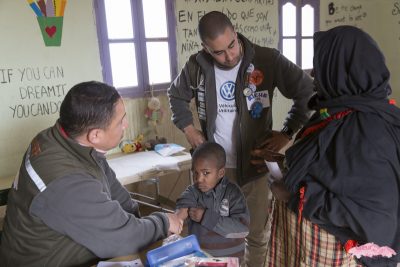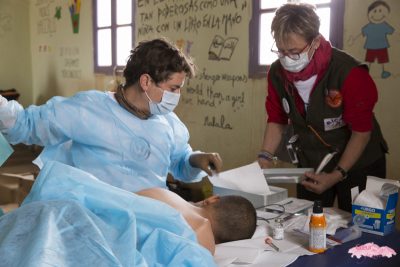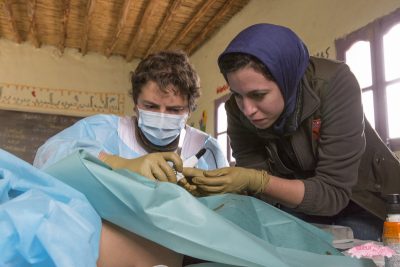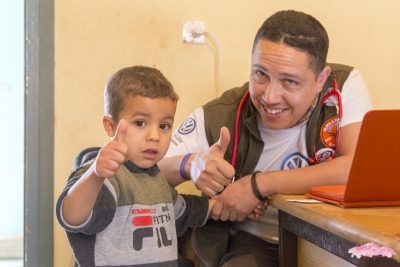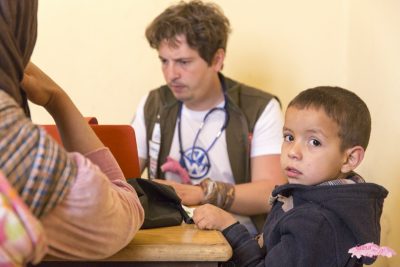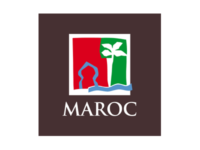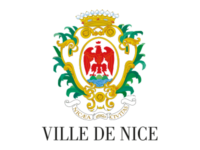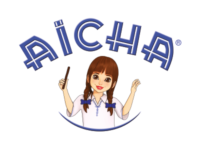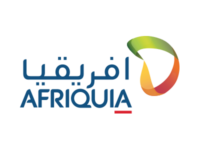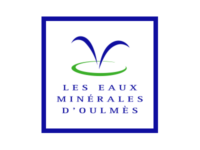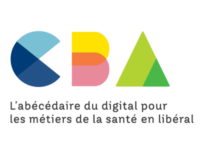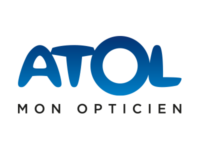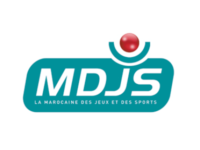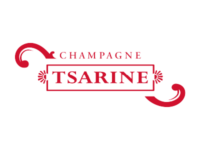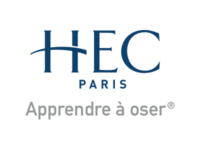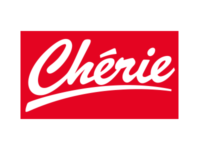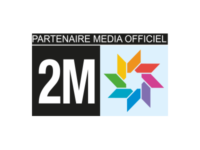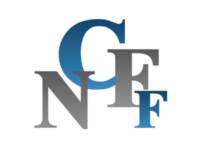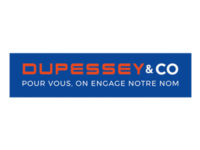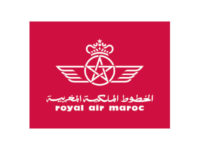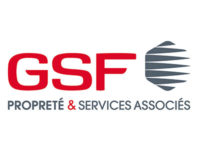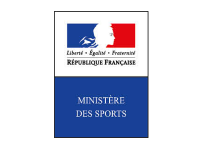New leg in Khamlia
Array
Cœur de Gazelles
Grey sky and bright exchanges
For this 3rd day, the medical caravan is in the village of Khamilia. The volunteers are greeted by the local association and quickly get set up: old habits are quickly resumed, and the setting is ideal. The El Khamlia association has planned for this day: the rooms are large and well equipped, which is not always the case.
Patient triage, diabetes screening and patient follow-up are grouped together on one side; the other specialties inhabit nearby rooms and the donations truck is parked a short distance away, to be sure of having enough space to accommodate everyone.
Ilham, the dermatologist, is busy with his first patient. Fatima, 13, suffers from chronic eczema on her hands. After examination, the doctor is unable to determine the cause.
The case requires immediate treatment, because a staph bacteria has entered Fatima’s sores, causing an infection. If left untreated, the infection could enter her wrist, with serious consequences. Fatima leaves with antibiotics to treat the infection, and will be able to treat her eczema later.
Fatima’s case shows the importance of prevention in relation to the distribution of drugs: inadequate treatment can have serious consequences on the medium or long term. Ilham explains the process to Fatima to reassure her: relieved to know that her problem will be resolved quickly, she leaves with a shy smile and her eyes filled with gratitude, accompanied by her mother.
Children at the heart of the actions
As the morning advances, clouds start to cover the sky. Thibaut and Audrey are very busy in the optics unit. Patients affluent sans discontinuer. A mother arrives with her 4 children, 3 girls and a boy. After consultation, it turns out that the little brother Ayoub, 6, can’t see anything far away. The opticians are surprised, because significant corrections like this one are usually hereditary.
The vision tests begin, until Audrey finds the ideal correction. Despite what one might think, the opticians do not necessarily provide patients with the strongest correction, because that can often destabilize them.
It can be better to start with a medium correction, which will significantly improve their daily lives, and increase the strength once they are used to wearing glasses. Pour Ayoub, Audrey and Thibaut decide to under-correct his vision by 3/4. This still improves his vision from 1/10 to 7/10, and his adorable smile makes the whole family laugh.
The paediatricians are also hard at work: Youssef, age 6, has a small mass on his arm. After palpating it, Aziz asks the doctors to carry out an ultrasound to determine the nature of the mass. There are two options: if it is a liquid mass, puncture/aspiration is possible, but if it is a tissue mass, an operation will be required to remove it.
The ultrasound reveals that the case is more complex than anticipated: it is a mixed mass, containing both liquid and solid tissue components. The surgeons make a small puncture but are not able to remove the mass completely. Youssef is anxious but allows the doctors to work on him; his mother stays by his side and the gentle words of the surgeons gradually calm him.
he little boy will need to be taken in charge by an appropriate medical facility. Fortunately for him, his malformation poses no risk to his health.
The paediatrics unit
The relationship between the children and the doctors is very important because it can be more difficult to earn their trust than adults, especially young children.
Some children in remote areas have never seen a doctor and are highly distrustful. Fortunately, the paediatricians, often with the help of the parents, know how to deal with them. Their expertise, coupled with a gentle manner and sometimes a bit of humour, works miracles. Abdel, one of the surgeons, even learned to speak Berber in order to be able to communicate with them.
The children generally cooperate without difficulty despite their shyness. The work done with the mis even more important than that done with the adults. Their medical role doubles as prevention when it comes to hygiene and eating habits. Children are their best emissaries, because they transmit the habits they learn to members of their entourage (including family and school).
Through education and prevention, the doctors’ actions become sustainable and can make a long-term difference.


